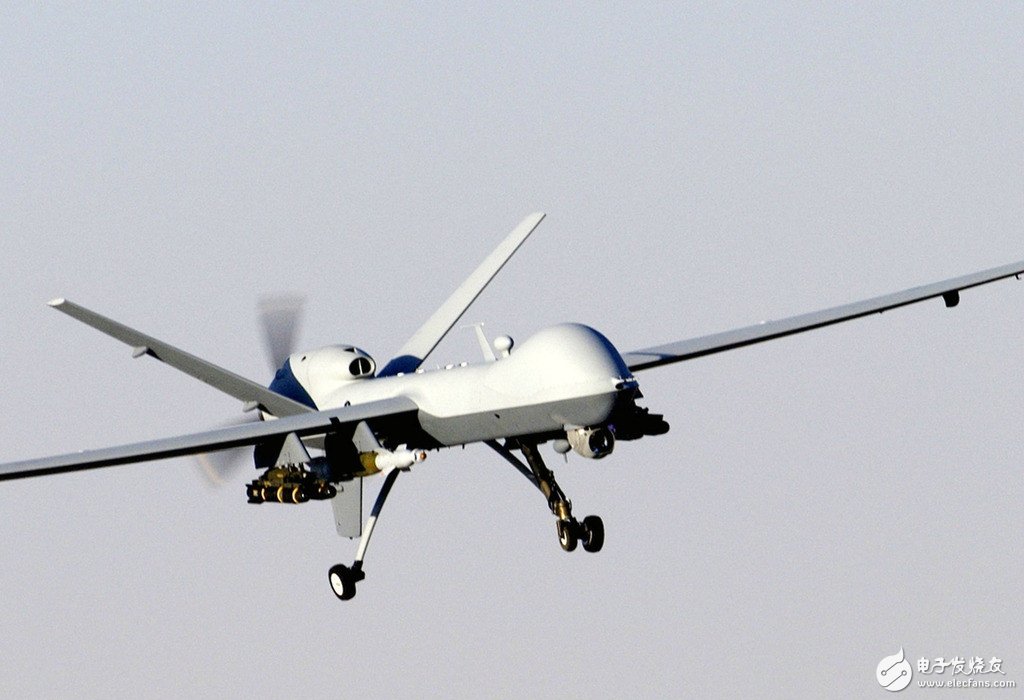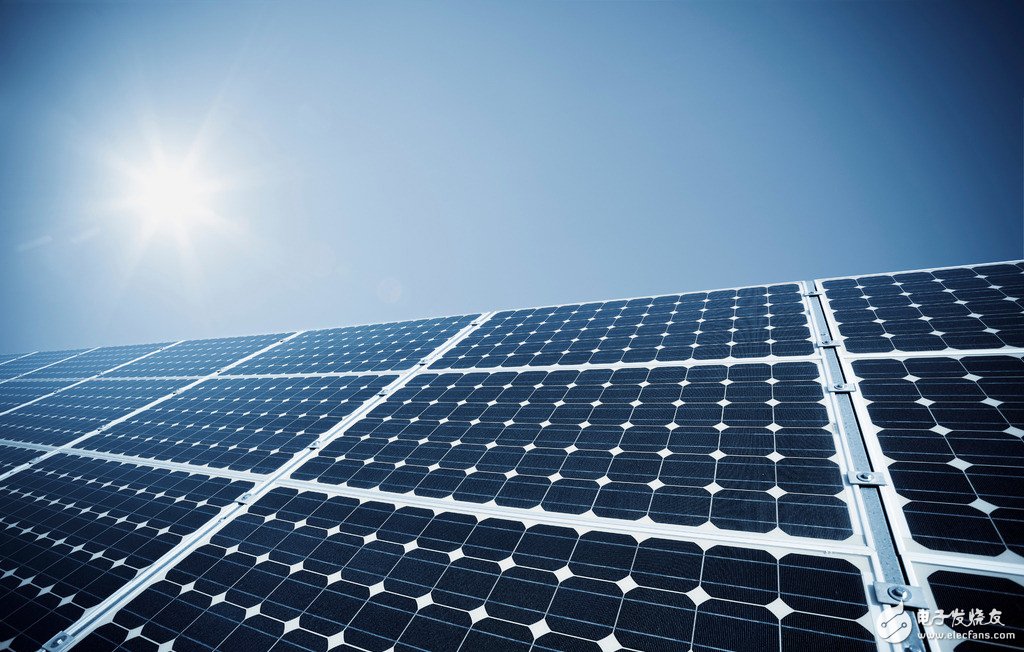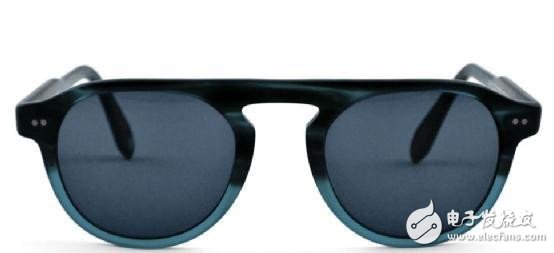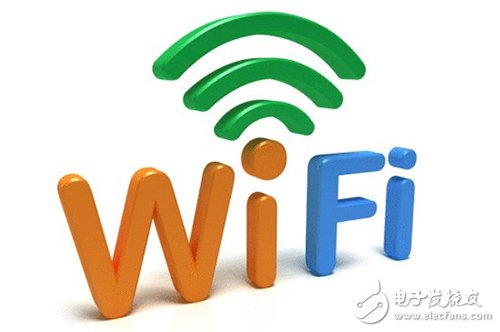Relevant market research institutions believe that by 2025, Internet of Things technology will be reflected in all aspects of people's lives, and the form of various devices will be more perfect. People will also fully accept the changes brought by the Internet of Things, and the participation of solar energy. It will also be more powerful.
1. UAVs realize more commercial services

Amazon is already working hard to promote drone delivery services, and drones are actually more widely used. For example, some farms currently use drones to monitor crop health; the construction industry uses drones to check building quality and progress; and some pharmaceutical companies are beginning to use drones to provide emergency drug delivery services.
On April 15 this year, Google announced the acquisition of TItan Aerospace, a UAV manufacturer founded in 2012. TItan Aerospace provides customers with lightweight, responsive, solar-powered drones—Solara50 and Solara60—that can fly at levels of the stratosphere or higher, providing wireless network broadcast services to the ground. Prior to this, in 2013, the company also participated in the development of the solar power aircraft project "Sunshine Power".
2. Water conservation, solar power supply

The traditional agricultural industry can also use the Internet of Things to achieve more water-saving and more efficient irrigation. By supporting solar-powered sensors to monitor soil temperature, humidity and conductivity, and with automated irrigation systems, more rational irrigation and fertilization can be achieved, effectively reducing costs.
3. Google Glass becomes a commercial tool

The Belgian SmartPick company is committed to developing the application value of smart glasses products such as Google Glass in the commercial field, and is expected to achieve better business management needs. The system is based on Google Glass, which is able to obtain order data via an identification code, reducing error rates by 60% and providing 25% productivity.
4. Small smart glasses with uninterrupted energy

Tzukuri's Bluetooth sunglasses look as stylish as regular sunglasses, and are unique in that they have built-in low-power Bluetooth chips and solar cells that don't require charging at all. Sunglasses also provides a mobile app that monitors the distance between the phone and the glasses and sends notifications and alerts as soon as they are exceeded. Obviously, the smart glasses of Google glasses are more suitable for commercial use due to problems such as shape and privacy; while Tzukuri gives consumers a new direction for smart glasses.
5. Cheap Internet of Things dedicated WiFi

The Internet of Things is based on WiFi and Internet connectivity, but we are still relying on expensive data cellular networks outdoors, so is it cheap and wide-ranging WiFi? A French company called Sigfox is currently deploying a low-bandwidth network in the US market, only 100bps but with an extra wide coverage. This WiFi network is not enough for voice, video or Internet access, but for device-to-device communication, which costs as little as $6. Obviously, this technology can be used in the public Internet of Things, and truly realize the Internet of Things is everywhere.
Outdoor Emergency Portable Power Station
Langrui Energy (Shenzhen) Co.,Ltd , https://www.langruibattery.com